News in Brief
-
 Science & Society
Science & SocietyThe economics of climate change and tech innovation win U.S. pair a Nobel
Climate change and tech innovations inspired the new Nobel Memorial Prize winners in Economic Sciences.
By Bruce Bower -
 Climate
ClimateHow wind power could contribute to a warming climate
If the United States had enough wind turbines to generate all of its power, they would warm the country by 0.24 degrees Celsius on average.
-
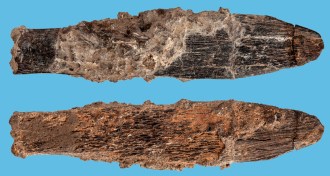 Humans
HumansA 90,000-year-old bone knife hints special tools appeared early in Africa
The discovery of a bone knife in a Moroccan cave points to the ancient emergence of specialized toolmaking in the region.
By Bruce Bower -
 Materials Science
Materials ScienceThis reflective paint could keep sunbaked buildings cool
A new type of polymer coating that reflects sunlight to control heat could supplement or replace air conditioning systems.
-
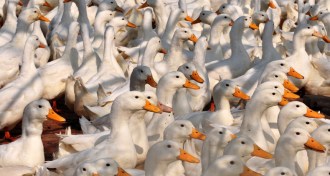 Life
LifeIn China, a deadly strain of bird flu now easily infects ducks
H7N9 evolved the ability to infect ducks just as a vaccine for chickens came into use.
-
 Planetary Science
Planetary ScienceThe first rovers to explore an asteroid just sent photos home
Japan’s Hayabusa2 spacecraft has deployed a pair of rovers to the surface of asteroid Ryugu.
-
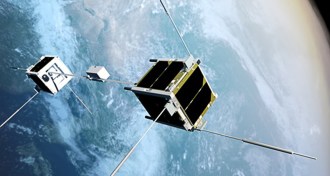 Astronomy
AstronomyJapan has launched a miniature space elevator
The Japanese space agency just launched a prototype space elevator to the International Space Station to test motion along a taut cable in space.
-
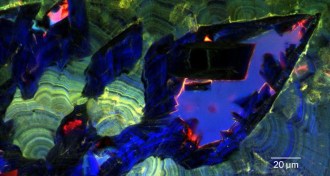 Health & Medicine
Health & MedicineKidney stones grow and dissolve much like geological crystals
Kidney stones are dynamic entities that grow and dissolve, a new study finds, which contradicts the prevailing medical assumption.
-
 Astronomy
AstronomyThe TESS space telescope has spotted its first exoplanet
TESS’s first exoplanet is twice Earth’s size and may have lots of water.
-
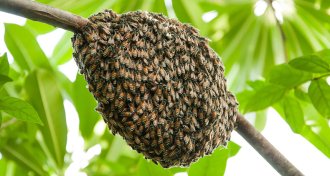 Life
LifeHere’s how clumps of honeybees may survive blowing in the wind
Honeybees clumped on trees may adjust their positions to keep the cluster together when it’s jostled by wind, a new study suggests.
-
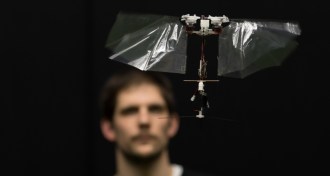 Tech
TechThis flying robot could reveal secrets of the aerial world of insects
A new winged robot with the exceptional agility of a fruit fly could lend insight into animal flight.
-
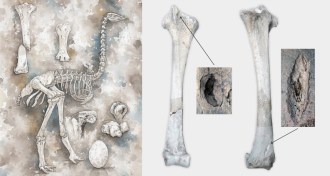 Anthropology
AnthropologyButchered bird bones put humans in Madagascar 10,500 years ago
Humans reached the island near Africa 6,000 years earlier than thought, raising questions about how its megafauna went extinct.
By Bruce Bower